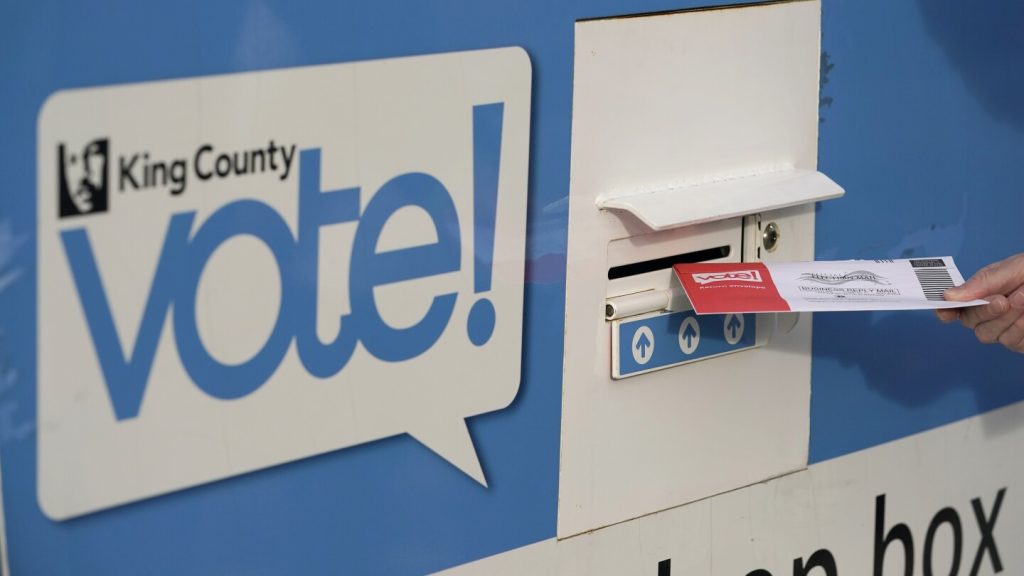A judge in Washington ruled that information about the financial impact of three GOP-backed initiatives must appear on the November ballot. These initiatives include repealing the state’s landmark Climate Commitment Act, the tax on the sale of stocks and bonds, and a long-term care insurance program. The decision, based on a recent law requiring disclosure of funding impacts for initiatives that repeal, impose, or change taxes or fees, was praised by opponents who believe the measures would have significant negative impacts on critical state services. Initiative author Jim Walsh and Deanna Martinez, who sued to keep the fiscal impact off the ballot, expressed concerns that the information could be biased.
Walsh, who is the chair of the state Republican Party, and Martinez, the chair of Mainstream Republicans of Washington, filed the lawsuit to prevent the financial impact warnings from being included on the ballot. They argued that the information could be weaponized with partisan rhetoric to make the initiatives sound bad. The initiatives were certified after the group Let’s Go Washington, primarily funded by hedge fund executive Brian Heywood, submitted hundreds of thousands of signatures in support of them. Lawmakers approved other initiatives that would give police greater authority, declare rights for parents of public-school students, and bar an income tax.
An analyst with the Washington Community Alliance, Tim O’Neal, emphasized the importance of transparency and voter trust in democracy. He stated that when voters do not have all the facts, they are less likely to vote and have their voices heard. Initiative 2117 aims to repeal the Climate Commitment Act, which generates revenue to address climate change. Initiative 2109 seeks to repeal the tax on the sale of high-end assets, while Initiative 2124 will determine if state residents must pay into the public long-term care insurance program. The passage of a 2022 law in Washington requires descriptions of the financial impact of initiatives to be printed on the ballot.
Opponents of the initiatives argue that they would provide tax breaks to millionaires and billionaires while cutting funding for education. Dr. Stephan Blanford of the Children’s Alliance, a nonpartisan child advocacy organization, expressed concerns about the implications of the initiatives. He warned that repealing the capital gains tax would strain the state’s education system, and the repeal of the carbon market initiative would lead to increased pollution and cuts in funding for environmental protections. He also highlighted the potential negative impact of Initiative 2124 on long-term care funding and tax pressure on younger generations paying for state Medicaid costs.
The fight over including financial impact warnings on the ballot is ongoing, with proponents of the initiatives arguing for unbiased and non-political information. However, supporters of the disclosure requirement believe that voters have a right to know the financial implications of the initiatives they are voting on. The decision to require financial disclosures on the ballot will provide voters with crucial information about the potential costs and impacts of the GOP-backed initiatives, allowing them to make informed decisions at the polls in November.


